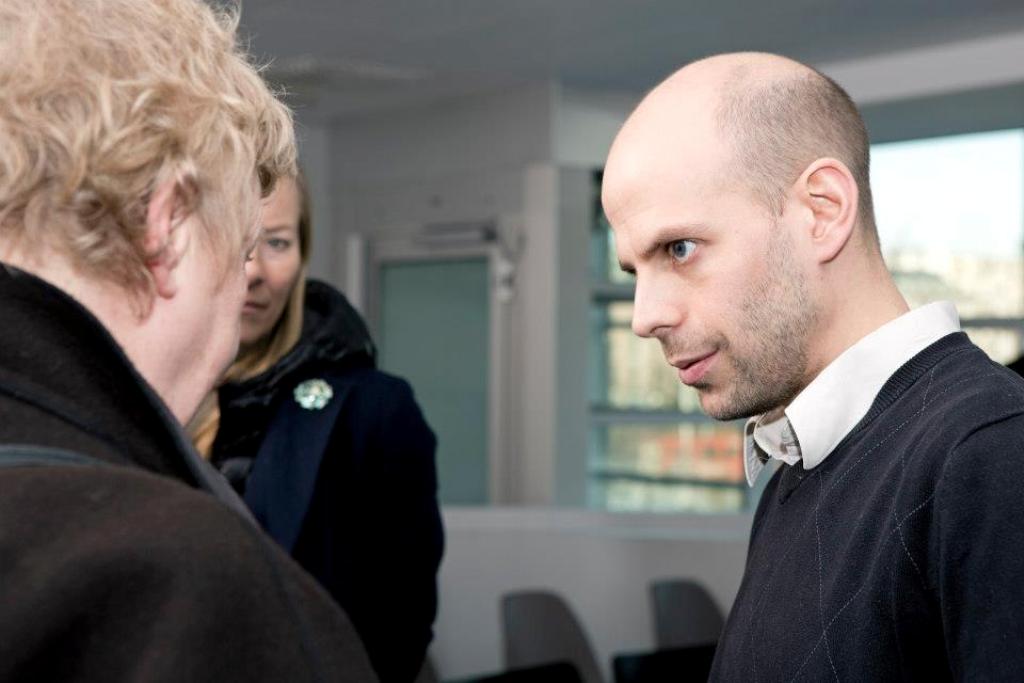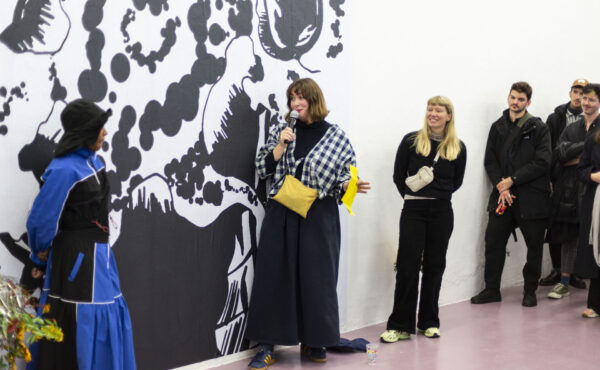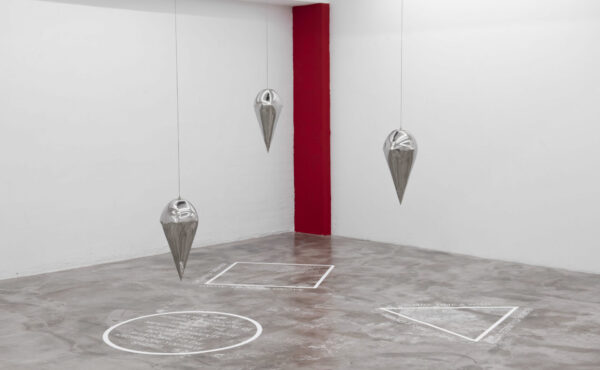
Sshh, don’t tell anyone how good it is here

In pursuit of happiness the international art world went to Bergen (N) to the Bergen Assembly 2013 to glorify this last (and definitely not lasting) example of the socialist welfare state.
If there is one analogy today that can be drawn from Strugatzki’s fictitious magical research institute on human happiness envisioned in 1960s Soviet Union it is that of the artist as magician, says David Riff at the crowded press conference of the Bergen Assembly 2013.
There is something wonderfully playful in this curatorial vision of Bergen as „the last socialism on the planet“ and to establish absurd autonomous institutes there that could be part of the Strugatzki brothers’ science fiction novel „Monday Begins on Saturday“: The Institute of the Disappearing Future, the Institute of Anti-Formalism, of Imaginary States, of Love and the Lack Thereof, of Lyrical Sociology, of Zoopolitics. In addition to confronting international artists with their institutes located all over the city center of Bergen, Riff and partner Ekatarina Degot invited artists, thinkers and practitioners to assemble during an intensive two-day-symposium. An institute itself for and about research in which some magical moments could also be witnessed:
Jan Verwoert’s virtuous keynote lecture on the conditions of an institute was among those moments. Being problematic per se because everything in it automatically becomes representation, Verwoert defines the institute by a mix of ingredients, namely secrets, riddles, mysteries and miracles, that together work the magic. These forces, exemplified by a wild collage of videos – cows lining up in order to scratch their heads at a branch – pictures, diagrams or associations – from „grammar“ to „glamour“, from „cosmetic“ to „cosmology“ – „enrich“ and shape the institute.
„A good social democratic artists should be doing hard research seven days a week“ states Norwegian artist Ane Hjort Guttu during a panel discussion on the afterlife of socialism. Tired of the mourning for the loss of the welfare state she refreshingly honest describes her living conditions („Our attitude is sshh, don’t tell anyone how good it is here“ another local artists is quoted in the catalogue): State funded art school, state funded establishing grant for the following years, community housing for artists, living well there with two kids.
At a philosophical panel on the gaps between eastern and western marxism art theorist and philosopher Keti Chukhrov briefly distinguishes between the German school and thinkers such as Evald Ilyenkov. „Ninety-nine percent of eastern marxism is stupid, one percent is ingenious“ adds Moscow artist Dmitry Gutov –
„You just have to find the diamond in the mountains of shit.“
Slovene philosopher, sociologist and legal theorist Renata Salecl lectures on her recent research topics the tyranny of choice and the accompanying anxiety. Not spelling out the differences between freedom of and freedom for something but rather trying to tackle the question why we don’t act right even so we know what’s wrong.
Far from verifying or better falsifying any hypothesis the participants adopted a more dialectical approach – with its rather diverse topics and experts this symposium clearly does not want to conclude or give answers. In times however, when research institutes are turned into productive factories, raising questions, exchanging thoughts and gathering itself is probably the biggest freedom that a large exhibition project can offer. The dream of a bureaucracy that is actually working wonders – Bergen Assembly proposes a loose and visionary structure for this to happen. In pursuit of happiness just like the Strugatzkis.
The symposium can be revisited on USTREAM:
Bergen Assembly 2013
An Initiative for Art and Research
conference Monday Begins on Saturday
August 2013
Marion Ritter is an art critic in Cologne a regular contributor to Metropolis M
Marion Ritter


